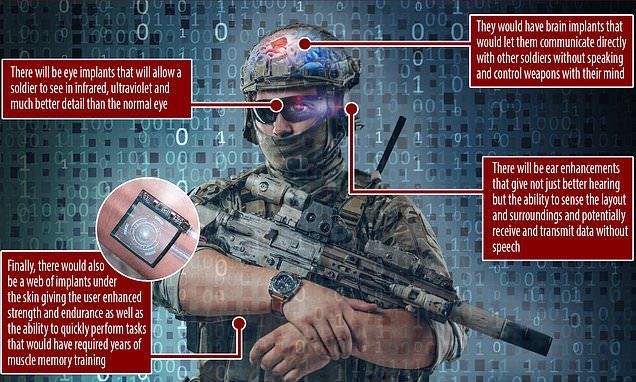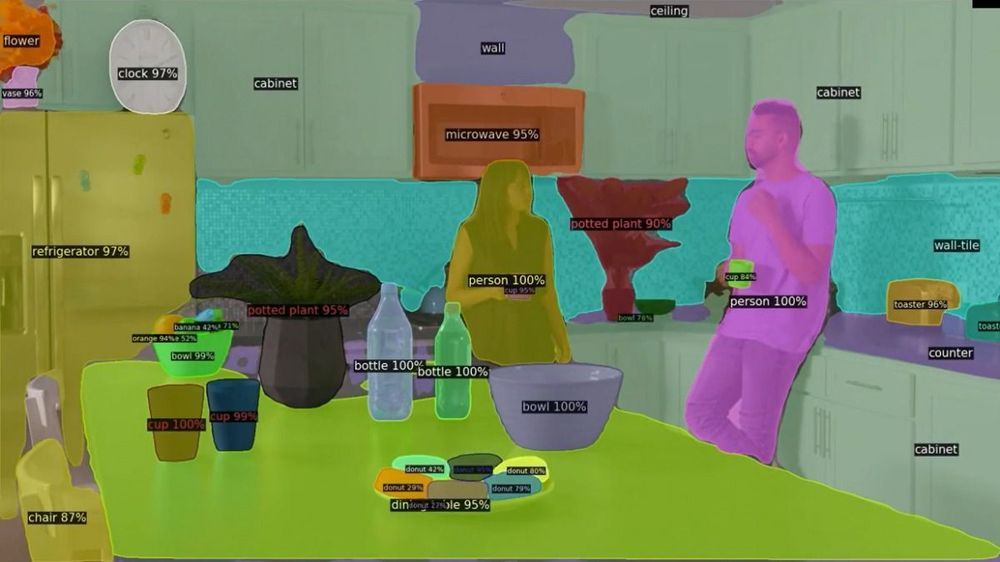Regular fasting is associated with lower rates of heart failure and a longer life span, according to two new studies.
Researchers sought to shed new light on the centuries-old debate about how fasting affects health. Recent studies have shown it contributes to reductions in blood pressure, “bad” LDL cholesterol and insulin resistance, a condition that can raise blood sugar. A 2017 study showed alternate-day fasting was as effective as daily calorie restriction for losing weight and keeping the pounds off.
The new studies focused on data from patients evaluated for heart disease in Utah and other Rocky Mountain states. The research included hundreds of members of The Church of Jesus Christ of Latter-day Saints, also known as Mormons, who typically fast one Sunday each month, for up to 24 hours.








